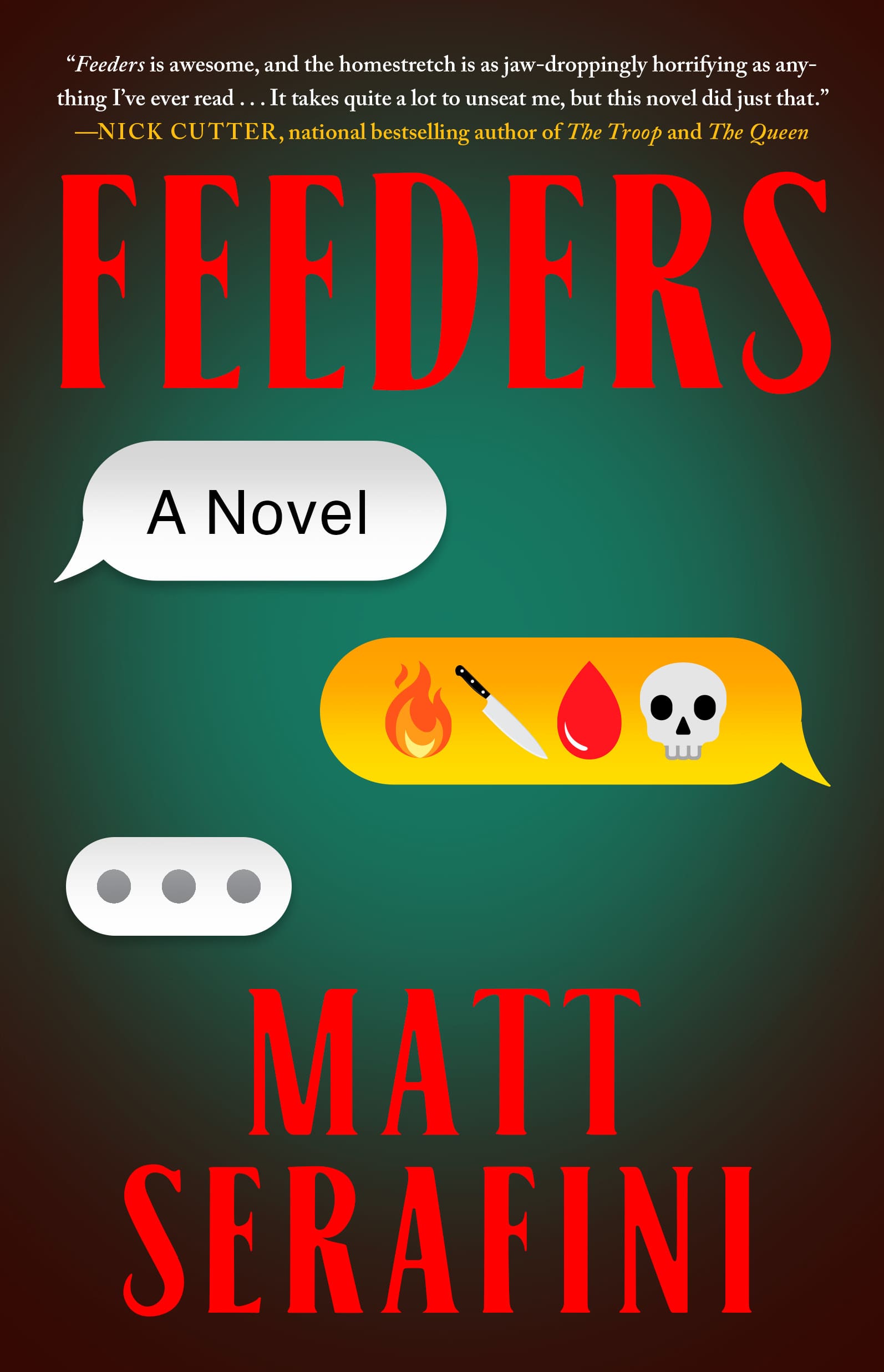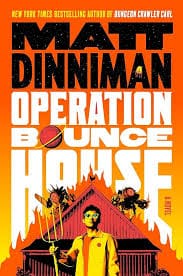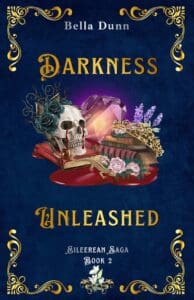
Synopsis:
When a video depicting the brutal murder of a former classmate leaks online, Kylie Bennington’s—whose dreams of becoming a successful influencer remain frustratingly elusive—curiosity gets the better of her, leading to the discovery of an off-the-grid social media app called MonoLife. As it turns out, there are certain cryptic rules in the user agreement that must be adhered to, such as interacting with other users at least twice daily or risk losing it all…and never, ever speaking of MonoLife’s existence to non-users or risk dire consequences.
For this is a platform that primarily rewards the worst in human behavior, and which begins chipping away at Kylie’s sanity across post after post for an ever-increasing audience of immoral fans. Now Kylie’s going to find out just how far she’s willing to go on her unyielding rise to the top—even if that means coming face-to-face with the frightening and ruthless forces behind MonoLife, who see all from deep within the shadows…
Review:
“Feeders,” by Matt Serafini is a first person descent into digital delirium. It oozes with envy, paranoia and grotesquery. There’s really a lot that works: the voice is sharp, the concept timely, and there’s a nastiness pulsing beneath the surface that I think many horror readers will absolutely revel in- I know I did. It’s urgent, cynical and a little sickly, which is how I like it. That said, for me “Feeders,” flickered wildly between two extremes. At first, it felt indistinguishable from the ever-growing pile of social media horror novels I’ve already read this year (admittedly, that’s a “me” problem). Then, just as I’d decided it was a solid read, if not a little basic, we rerouted, changed course, and landed on some different planet. I like my horror to go down strange, dark paths, and whilst Serafini did go down one, in my opinion “Feeders,” got a little lost. Still, if you’re a sucker for stories about the horrors of technology, and happen to like feeling like you’ve taken bath salts when you’re reading them- this might be just your brand of unhinged. It’s weird. Undeniably, it’s bold. And for some readers, it’s going to hit exactly the right nerve. It’s out today, May 20th, from Gallery Books.
“Feeders,” follows Kylie Bennington who is a relatively normal teen. Her friend Erin is a social media star, collabing with some of the industry’s biggest names and working with the some of the world’s greatest brands. As any teeanger would be, Kylie, with 4000 followers to her name, is a little bitter. As much as social media causes her to rage, it’s about worth it for the high that a few hundred likes can bring about, so when she hears about an exclusive new social media app called “MonoLife,” she’s eager to get onboard. The kind of content that succeeds on Monolife is not quite the same stuff that Erin goes viral for on Instagram, or really the kind of content that’s allowed on any social media app- aside from maybe Reddit. Kylie picks up on this, and is willing to conform. When she does, the reach she has and the rewards she reaps are limitless.
When it comes to “Feeders,” and its commentary on social media, there’s a real nastiness I couldn’t help but admire. Serafini highlights that the internet doesn’t simply tolerate conflict and hatred and bile but rewards it. Cannibalism and animal abuse amongst a whole host of other unpleasantries (trigger warnings all around) don’t slip through the cracks, but are algorithmically encouraged. “Feeders,” suggests that virality and morality are not compatible, and I loved that about it. MonoLife brings out the worst in Kylie, some pretty standard messaging within technology horror, and proceeds to reward that.
For me, social media horror is inherently grounded in reality, and thus, inherently scary. It’s knowing that the horrors I’m reading about are just a few clicks away, and that I share the internet with absolute psychos, like Kylie Bennington. However, when “Feeders,” detours into a full-blown fever-dreamish creature feature, I felt all of that tangibility, all that relatability and all of those horror seeds that Serafini so carefully planted, were dug back up again. In a story in which the platform itself was being represented as the monster, I really didn’t need more monsters. In what may have been an effort to differentiate itself in a sub-genre that is becoming more saturated, Serafini lost some of the resonance that it is integral to it, and that’s a shame. As much as I didn’t gel with this element, I know plenty of people did, and one thing this book never is, is boring.
A novel that is arguably worth reading for the Katy Perry references alone, “Feeders,” whilst being electric in some areas, left me Hot N Cold in others.









Leave a Reply